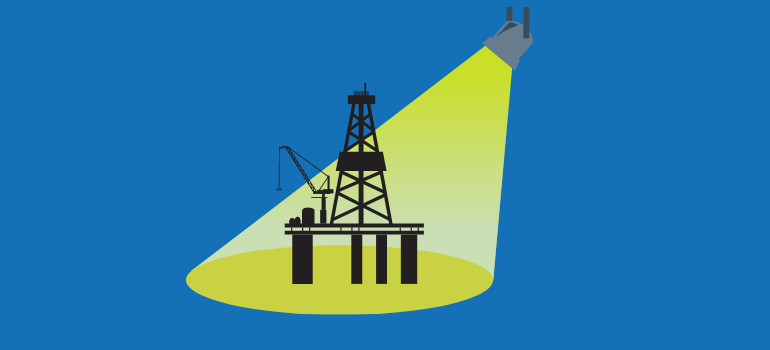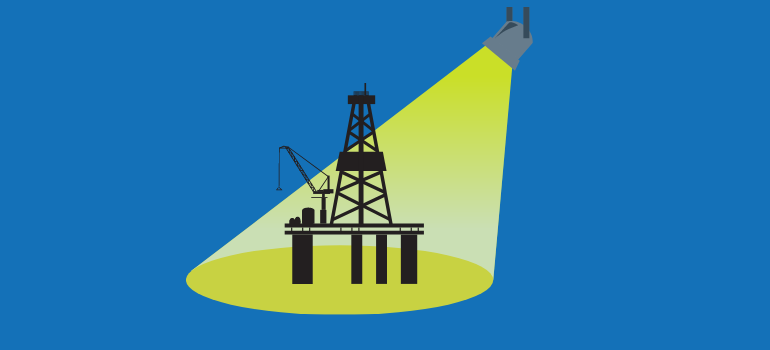News and resources
Explore our publications on a wide range of topics, to find the powerful facts, stories and approaches that underpin our work to make the extractive industry more open, accountable and participatory.
PWYP youth are calling for a fairer, cleaner energy future
All over the world, climate change is a major concern for young people. As the world warms at an unprecedented pace, young members of the Publish What You Pay (PWYP) movement from around the world are calling for a just transition to cleaner, safer energy. A transition that takes into account the historical responsibility of […]
EU legislation gives mandate to put the spotlight on oil, gas and mining companies in future European Sustainability Reporting Standards
Publish What You Pay reaction to the deal on the final text of the EU Corporate Sustainability Reporting Directive (CSRD) Publish What You Pay (PWYP), the global movement for open and accountable extractive industries, welcomes the guarantee and prioritisation of the development of specific disclosure standards for “high-risk sectors”, including oil, gas and mineral extraction, […]
PWYP Annual Report 2021
PWYP’s Annual Report 2021 highlights the main achievements and impacts that the movement had collectively over the past year, as well as the state of our finances. Download the report No one could have predicted what the year 2021 would look like, after the pandemic turned the world upside down in 2020. The second year […]
Ending Iraq’s damaging oil dependency
This article has first been published in a shorter version in Annahar. Transparency is the key for a just energy transition, writes Iraqi campaigner Nuralhuda Muntazar Hassan al-Fadli. My mother helped me understand how an individual can contribute positively to society. She was a social activist, and as a child I traveled with her to […]
Get ready for PWYP Global Assembly 2022 !
The 5th Publish What You Pay (PWYP) Global Assembly will take place as an online event from Monday, 27 to Thursday, 30 June. Go to registration This Global Assembly is special. It marks the 20th anniversary of the Publish What You Pay campaign, launched in June 2002. Over the last 20 years, PWYP has become […]
PWYP Submission for EITI Standard Revision
At the EITI Global Conference (mid-2023) the EITI Board will adopt changes to the EITI Standard. As part of the process, EITI launched a survey for stakeholders to provide suggestions on the scope/areas for changes to the Standard. PWYP participated in the process and presented a submission which was endorsed by the Global Council, PWYP’s […]
Going beyond the bare minimum: Sustainability disclosures for oil, gas and mining companies in the CSRD
As the trilogue negotiations on the final text of the Corporate Sustainability Reporting Directive progress, the Publish What You Pay Coalition (PWYP) calls on the negotiators from the European Parliament and the Council to give due attention to the business risks and environmental and social impacts associated with oil, gas and mining companies. Download our […]
Strategic goals edge closer as PWYP coalitions make their impact felt in 2021
In 2021 PWYP’s national coalitions secured significant successes despite the ongoing COVID-19 crisis hindering their networks, a survey of PWYP National Coordinators has found. The survey, which was carried out in February 2022, reveals coalitions’ progress on the five strategic outcomes which form the bedrock for PWYP’s Vision 2025 strategy, our roadmap towards a world […]
PWYP National Coordinators Survey 2022
The annual survey of Publish What You Pay (PWYP) National Coordinators contributes to monitoring network activity, impact, connectivity, and inclusiveness. The April 2022 survey follows the first ‘base line’ survey of March 2020 and the second one of April 2021. It was conducted by the PWYP International Secretariat in Arabic, French, Russian, Spanish and English, eliciting responses from 40 […]
Civil Society members of the International Board of the EITI condemn Russia’s war of aggression against Ukraine
Summary: ● International Civil Society members of the Extractive Industries Transparency Initiative (EITI) Board condemn Russia’s war of aggression in Ukraine. ● We invite extractive and trading companies and governments to disclose all the information on oil and gas purchases from Russia, and to provide full details of their business relationships, including actual and planned […]
European Parliament signals increased scrutiny of oil, gas and mining companies, but proposal is light on details, say activists
Today, the Legal Affairs Committee of the European Parliament voted on its report on the Corporate Sustainability Reporting Directive (CSRD), giving priority to developing transparency rules for oil, gas and mining industries. This is welcomed by the Publish What You Pay coalition, the global movement for open and accountable extractive industries. However, by refusing to […]
Assessing Civil Society Engagement in the EITI Process
The Extractive Industries Transparency Initiative, or EITI, is a global standard for the good governance of oil, gas, and mineral resources. The EITI Standard requires the disclosure of information along the extractive industry value chain. The existence of an enabling environment for civil society – and particularly the ability for civil society to participate freely […]
















